Stories Strangely Told: Sherwood Anderson’s “Hands”
On quick glance then not much of “Hands” seems overtly experimental—the only oddity is that without George asking and without Wing disclosing, we somehow arrive at Wing’s backstory.
Please note that orders placed between February 1-February 17 will not be shipped until February 17. Thank you for your patience.
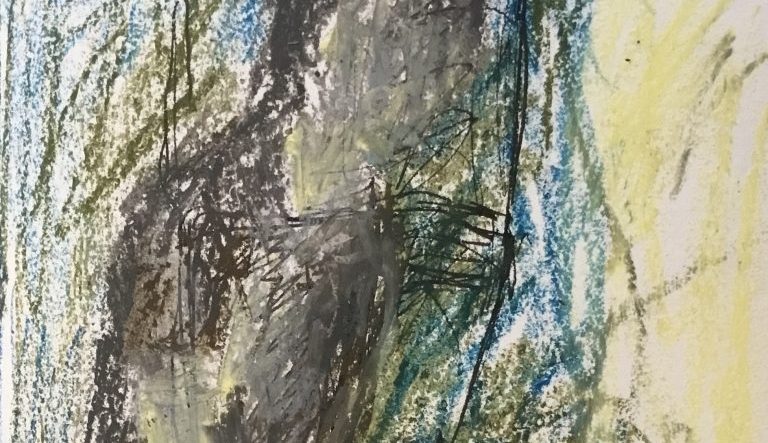
On quick glance then not much of “Hands” seems overtly experimental—the only oddity is that without George asking and without Wing disclosing, we somehow arrive at Wing’s backstory.
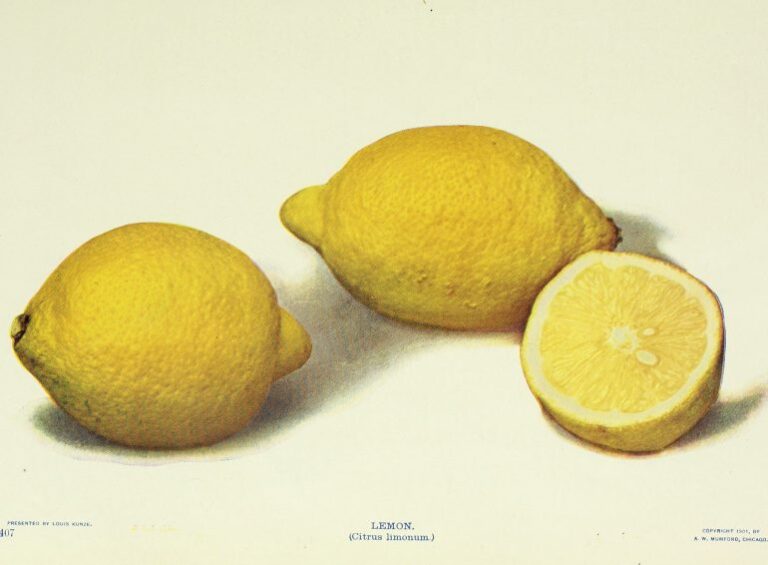
I learned that I could respond to poetry with a thousand times a thousand micro-emotions. I soon began to wonder what I even meant by “serious” poetry, and what constituted a poem’s artfulness. I reflected upon the fact that those initial ideas were narrow, even elitist, and they are ultimately limiting to both poets and readers.
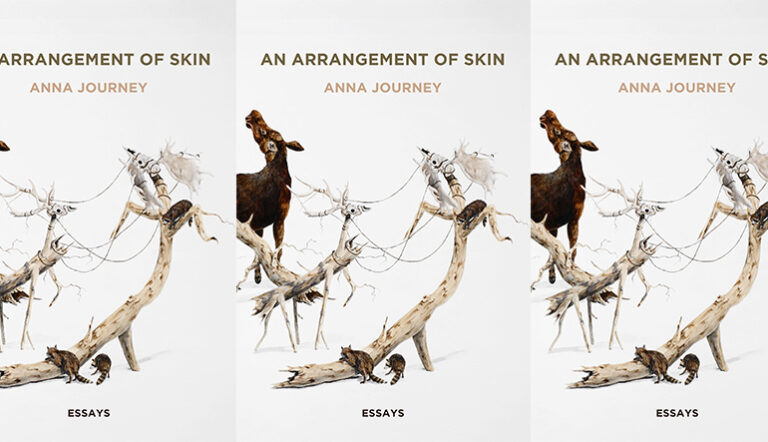
For Anna Journey, it starts at the University of Houston, during the last year of her PhD program. Away in Richmond, Virginia, for a literary conference arranged by a close friend and mentor, Journey begins the affair that will end her seven-year relationship.
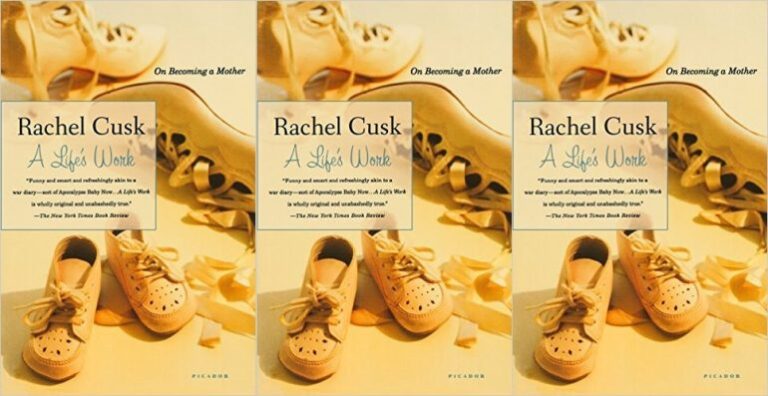
When I was pregnant, I felt for the first time in my life that I came first. Suddenly, my needs and desires weren’t mere whims; in the gestation of another being, they mattered tremendously. When this being was extracted from my body, I still felt it crucial to put myself, if not first, than at a very close second.

I am not saying Lolita is a bad book, or that its fans or Nabokov are complicit in sexism; just that it’s not a story I care about delving into. I always thought this was because I wasn’t open-minded enough as a reader—until I met The Lover, by Marguerite Duras, a novel centering on an affair between a poverty-stricken white teenage girl and a very wealthy Chinese man over a decade her senior in colonial Vietnam.

In his latest album Us or Else: Letter to the System, T.I. exposes America’s obsession with guns, questions the senseless killings of African American men by both blacks and whites, and the imminent need for social retribution.

Lately, it seems mindfulness is next to godliness. For many, concentrating time on a rich inner life is an antidote for overstimulation—the meditation smart phone app serving as a one-swipe pharmacy for this modern malady.

The narrator in Rivka Galchen’s story “The Lost Order” is akin to Walter Mitty, the protagonist in James Thurber’s “The Secret Life of Walter Mitty,” who sees himself as defined only in his dreams, not by the man he is in real life. They are both negative images.
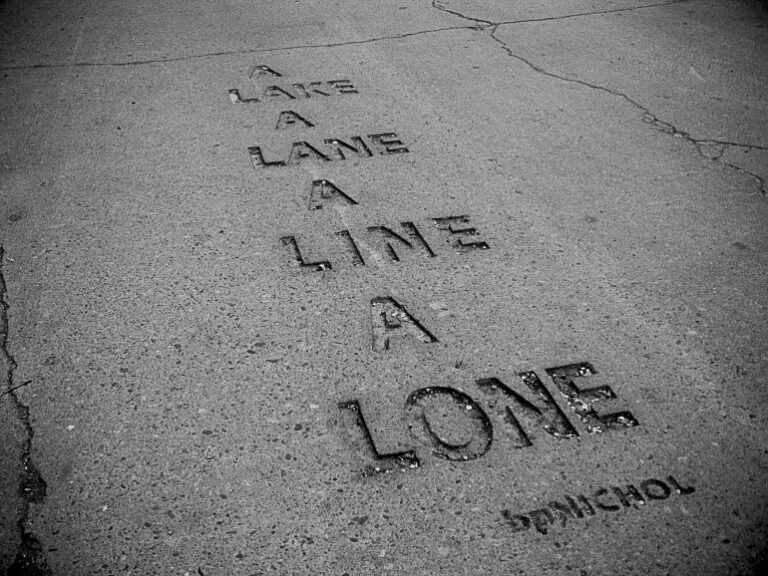
Emily Izsak is one of the sharpest young poets I’ve seen in some time. She is currently in her second year of U of Toronto’s MA in English and Creative Writing program. Her work has been published in Arc Poetry Magazine, The Puritan, House Organ, Cough, The Steel Chisel, The Doris, and The Hart House Review.
No products in the cart.